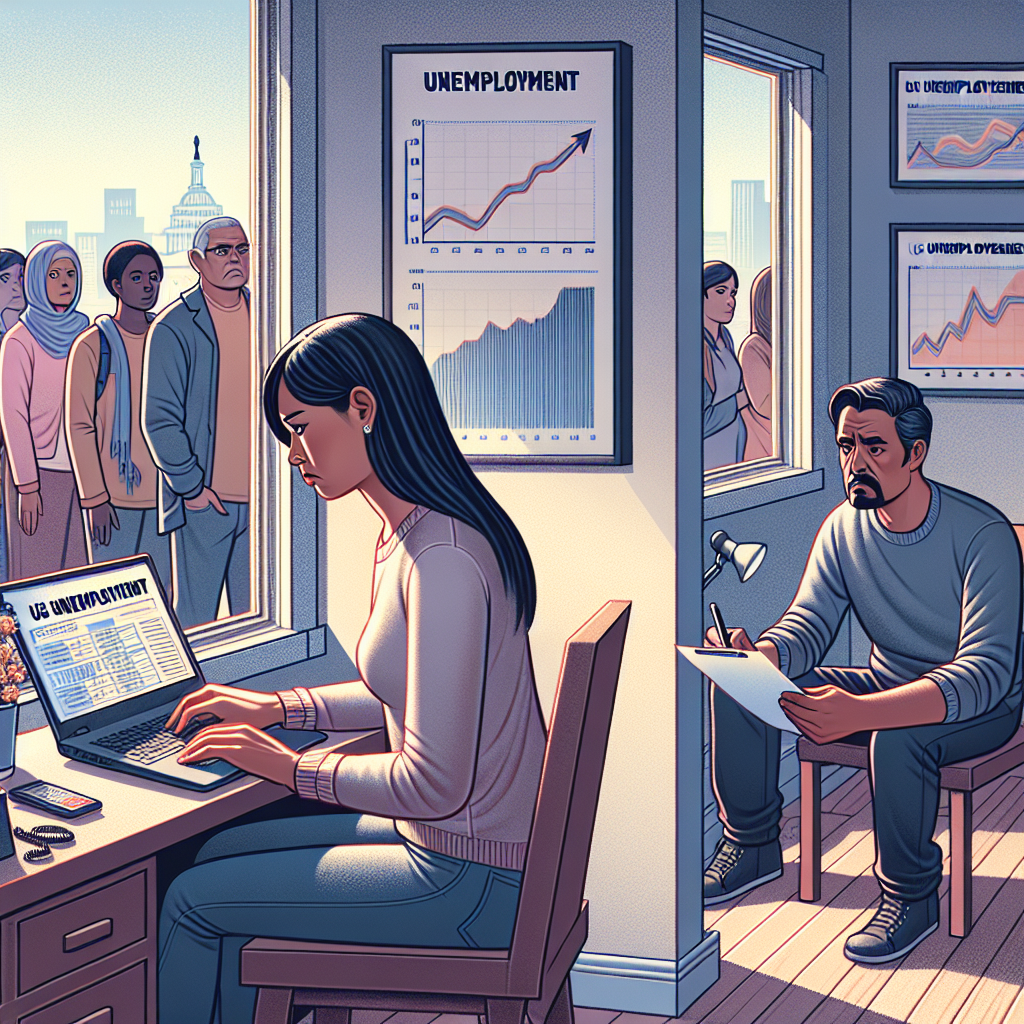Unemployment Claims Fall, Reflecting Economic Resilience Amid Curious Labor Market Balance
New U.S. unemployment claims dropped last week, despite a softening labor market. While the demand for and supply of workers have decreased, economists view the decline as a sign of the economy's resilience. The Federal Reserve's recent interest rate cut aims to support the labor market.

In a positive sign for the U.S. economy, the number of Americans filing new unemployment claims fell last week, countering the sharp rise in the previous week's figures. The decline comes as the labor market shows signs of softening, with both worker demand and supply dwindling.
The Labor Department's report indicates that fewer individuals collected unemployment benefits in the final week of August, potentially due to many exhausting their benefits eligibility, which is typically capped at six months in most states. Despite a near stall in hiring, layoffs remain low, and economists suggest that the recent decline in claims underscores economic resilience.
Federal Reserve Chair Jerome Powell noted the unique balance in the labor market, where both supply and demand have decreased. In response, the Fed cut its benchmark interest rate by a quarter percentage point, projecting steady reductions until 2025. Meanwhile, an uptick in identity fraud attempts in Texas contributed to last week's claims surge.
(With inputs from agencies.)
ALSO READ
Global Markets Surge Amid U.S. Federal Reserve Rate Cuts
Global Markets React to Fed's Interest Rate Cut Amid Political and Economic Jitters
The Federal Reserve's Show of Unity Amid Political Pressure
Global Central Banks Diverge on Interest Rate Strategies
High Stakes: Federal Reserve Faces Politically Charged Interest Rate Decision Amid Trump's Pressure










